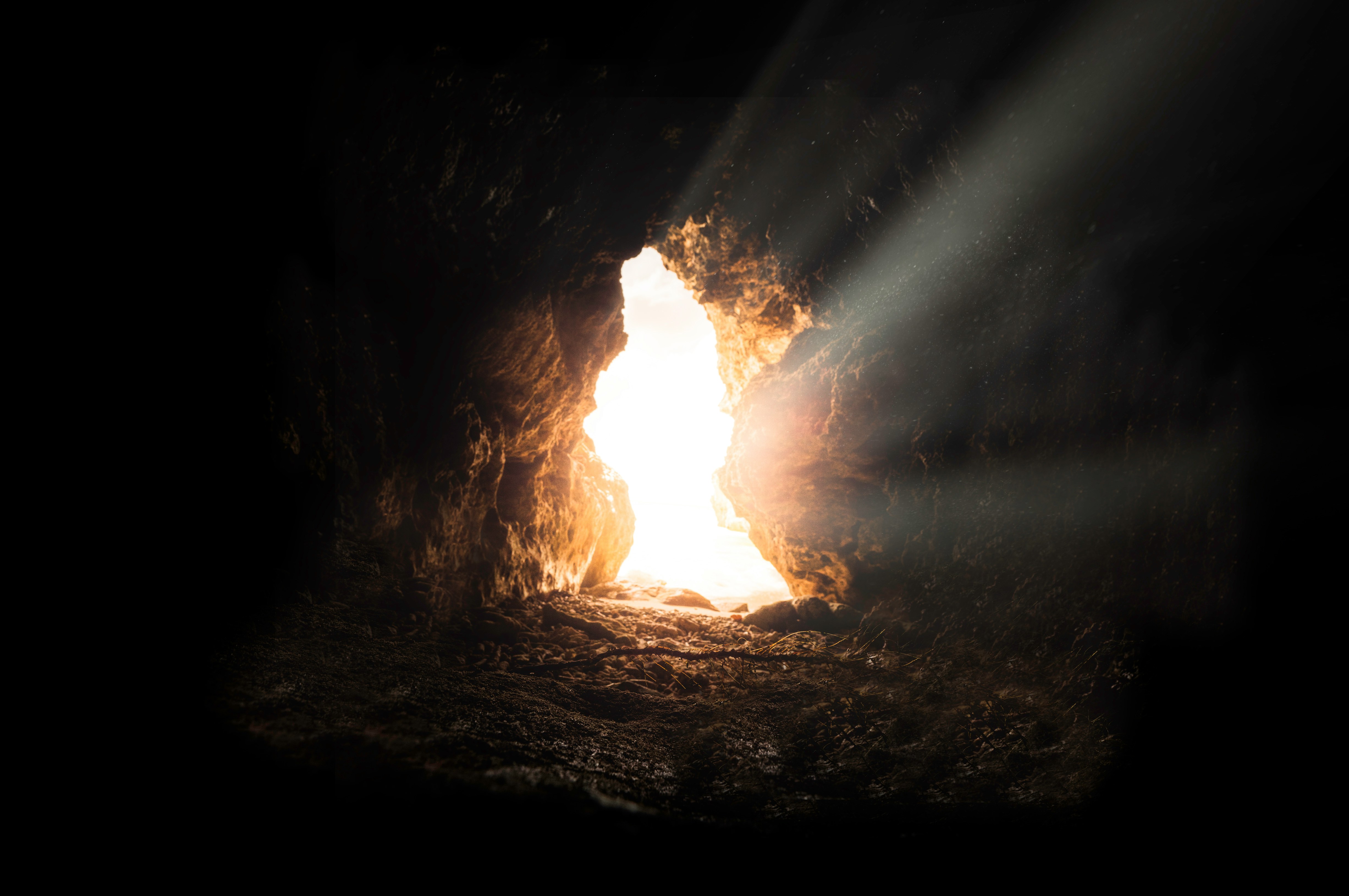
Dr. Egnor's bad arguments for the soul
Here's a video where Dr. Michael Egnor presents arguments and evidence for the existence and properties of the soul. For someone who studies the brain, Dr Egnor is remarkably sloppy …
#religion

Here's a video where Dr. Michael Egnor presents arguments and evidence for the existence and properties of the soul. For someone who studies the brain, Dr Egnor is remarkably sloppy …
#religion

Another piece from this article by Than Christopoulos which caught my eye.
Among the many arguments skeptics use to support an exceedingly low prior probability of the resurrection, one of …
#religion

In Paulogia's response video, he defines Bayesian analysis as:
"Bayesian analysis is a quantification and mathematical description of presuppositions and natural decision-making processes"
which Than and others took umbrage. They …
#religion

I've been thinking lately about a particular criticism of apologist techniques. Apologists will argue for the general reliability of texts using relatively mundane claims which can be verified externally, and …
#religion

In a response video with Than Christopoulos, Than says at 35:10 :
"I have a video titled "Do Christians make excuses for their faith" [...] why this constant complaint from internet …
#religion

I just listened to the Debate Between Than Christopoulos and Matt Dillahunty about the question "Did Jesus Rise from the Dead" and the response by Paulogia and the reponse to …
#religion

I read with interest this article by Than Christopoulos after seeing his debate with Matt Dilahunty which I hope to respond to at some point. Than is very excited about …
#religion

Been a while since I've written here, so getting back into it with a short observation.
I notice that some theists critique naturalists by claiming that the latter believe nothing …
#religion

A friend of mine recently sent me this video to get a response. I haven't done a deep dive into this for a while, so I figured I'd go through …
#religion

It is said that a published work without the code is little more than an advertisement. It is for this reason that I try to make sure that I publish …
#religion

I've had my disagreements with Jonathan McLatchie a few times, some of it here, and now there is another interview Bayesian Probability and Intelligent Design: A Beginner's Guide that someone …
#religion

I've read the entire Bible twice, the most recent time this past year. Both times I was underwhelmed by the content in the book. It had so much barbarism, and …
#religion

An "undesigned coincidence" is used in an argument for the reliability of the Gospels, notable by Jonathan McLatchie, Tim McGrew and Lydia McGrew, and is defined as
When you have …
#religion

So I listened to the Bible in a Year podcast with Fr. Mike Schmitz where Fr. Mike Schmitz reads the entire bible across 365 days. I had read the Bible …
#religion

The fine-tuning argument is an argument in philosophy and cosmology that suggests the existence of a fine-tuned universe points towards the existence of a intelligent designer or a purpose behind …
#religion

Here's my short rambling rant about the claims-evidence distinction. In a number of debates, but more famously this one with Jonathan McLatchie, Matt Dillahunty states that "claims are not evidence …
#religion

Extraordinary claims require extraordinary evidence - Carl Sagan
I think no pithy quote has caused so much angst with apologists than this one from Carl Sagan, directed in particular to religious …
#religion

In a previous post I examined a simple model of the interaction of testimony with scientific inquiry, and how it can affect the probabilities of the truth of miracle claims …
#religion

So I recently had a bit of a discussion which ended somewhat abruptly with complaints of category errors on my part and implied scientism. The initial Tweet was:
#religion

In this YouTube episode, Bad Apologetics Ep 18 - Bayes Machine goes BRRRRRRRRR I join Nathan Ormond, Kamil Gregor, and James Fodor to discuss Timothy and Lydia McGrew's article in The …
#religion

In this YouTube episode, Bad Apologetics Ep 18 - Bayes Machine goes BRRRRRRRRR I join Nathan Ormond, Kamil Gregor, and James Fodor to discuss Timothy and Lydia McGrew's article in The …
#religion